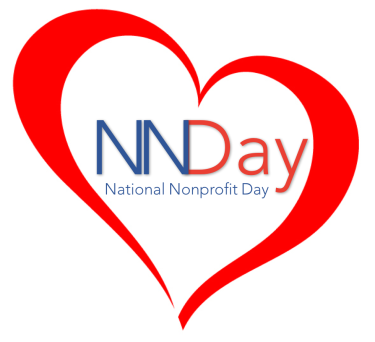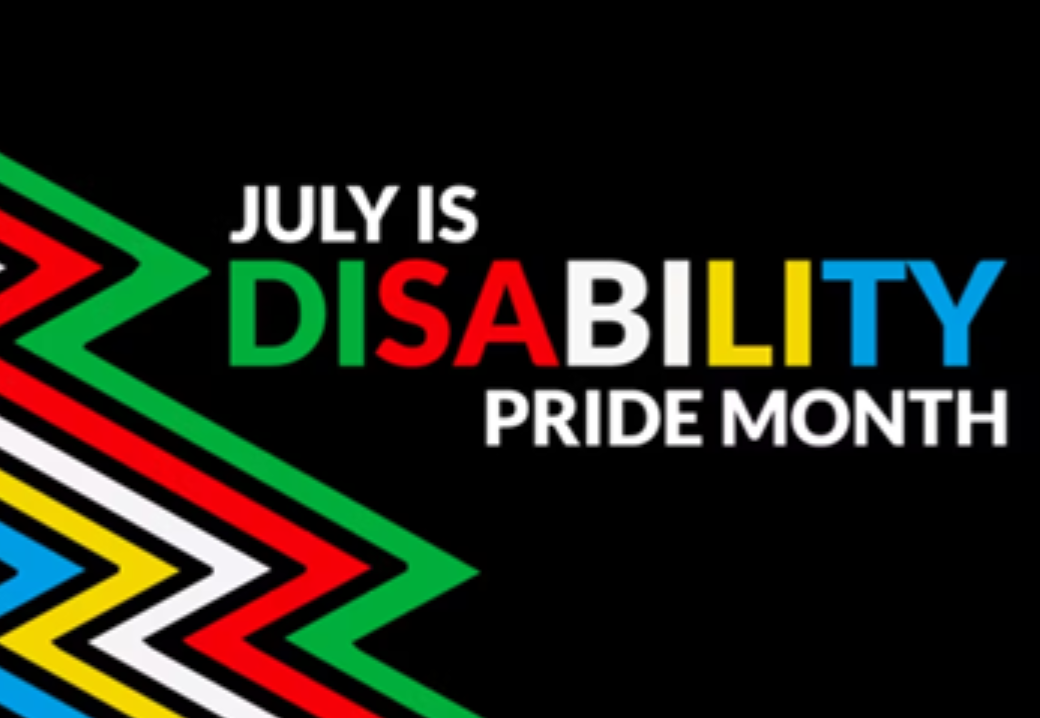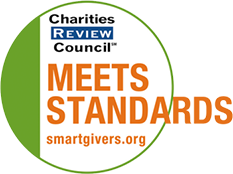by Sydney Wachtler
Share
by Sydney Wachtler
Share

Uncertainty to Advocacy
Reid’s Journey to Becoming a Disability Advocate

Reid Reid is pictured with Senior US District Court Judge Donovan W. Frank. Photo courtesy of the Minnesota Governor’s Council on Developmental Disabilities Facebook Page.
Reid Scheller of Rosemount, Minnesota, recalls a special education teacher at Eagan High School that made a difference in his life. This teacher taught Reid and his classmates how to be self-advocates, and that is a lesson that Reid has held onto throughout his life.
After graduating from high school in 2012, Reid attended a transition program. These programs are meant to provide a smooth transition from high school special education programs to the workforce for young adults with developmental disabilities. Unfortunately, this was not Reid’s experience. While the program provided a variety of fun daily activities, Reid says that it failed to prepare him for the next step and being independent. “I was like where do we go from here?” Reid says about completing the transition program. He did not feel that he had the skills to join the workforce yet, but he didn’t know what resources were available to help him become more independent.
Reid felt lost, and he is not alone. Many young adults with developmental disabilities find themselves in the same shoes as Reid after “aging out” of the school system. Students with developmental disabilities have a lower post-secondary education enrollment rate and significantly higher unemployment rates. Access to housing, transportation, and employment are just a few of the uncertainties that adults with developmental disabilities face after graduation.
Unsure of what his next step would be, Reid started on the path of self-advocacy.
In 2014, Reid became a member of the Minnesota Employment Learning Committee, which played a key role in drafting and creating Minnesota’s Olmstead Plan. In 2016, Reid was accepted into Class 34 of Minnesota’s Partners in Policymaking program and helped write important policies on disabilities, spoke with service providers, and worked with elected officials to make decisions about disability services. Then, in 2017, Reid applied and was accepted into the Minnesota’s Governor’s Council on Developmental Disabilities.
Reid will begin his second term on the Minnesota Governor’s Council in April of 2020 and will serve until January 2nd of 2023. Reid hopes to see Minnesota step up disability inclusion and address some of the major challenges within the disability community, such as access to independent housing, transportation, and more integrated employment opportunities, during his term.
Reid is hoping that by being an advocate for himself and others, he can make a difference in improving the quality of life and level of independence for people with developmental disabilities.
STAY IN THE LOOP







